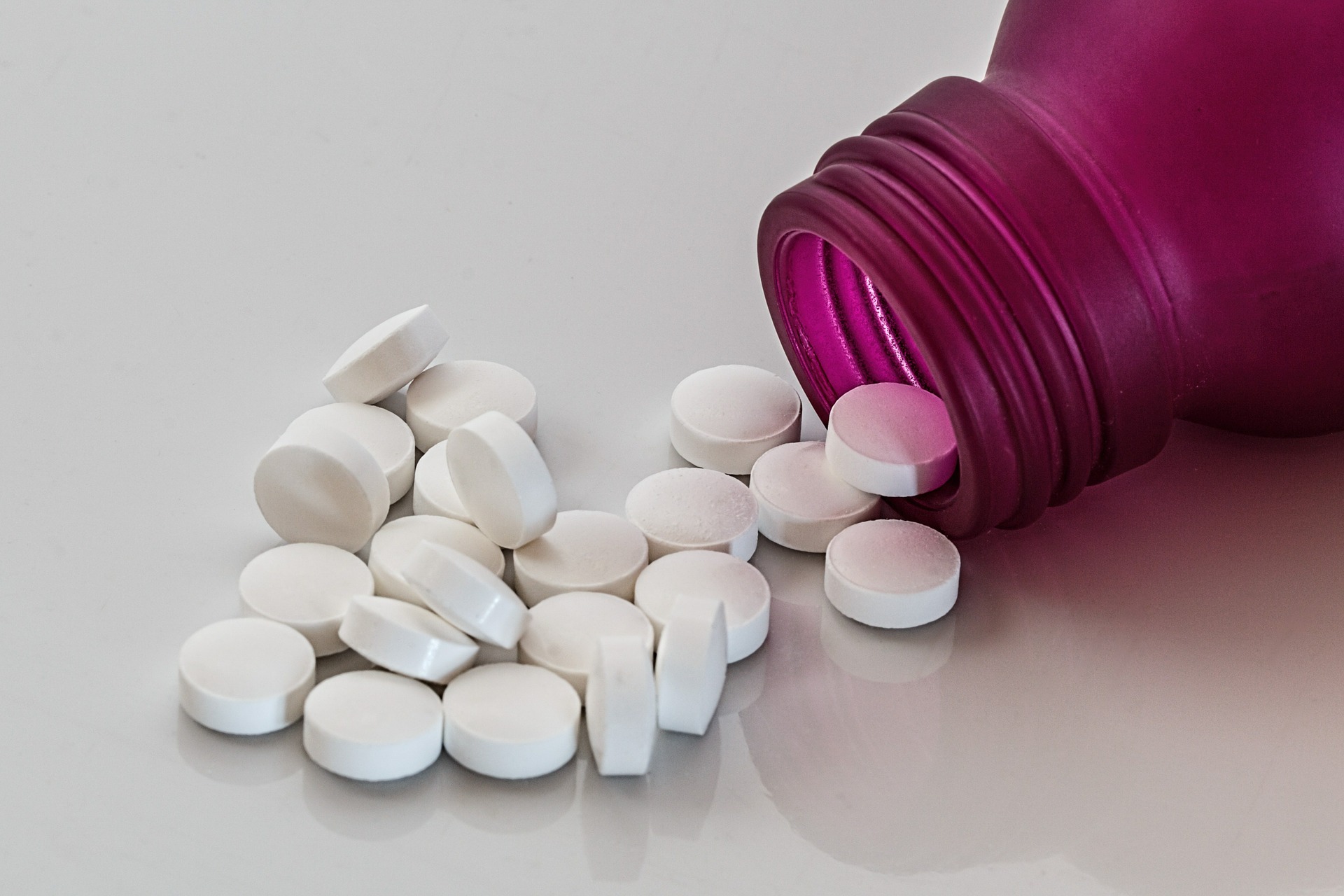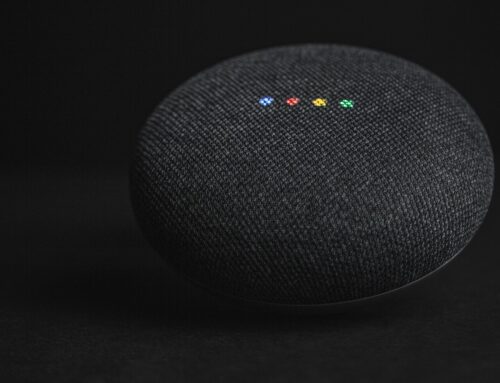Modern medicine is incredible, and we are successfully treating diseases we never thought possible just a few years ago. Pharmaceutical drugs have brought relief to millions of people across the United States and around the world, but they have not come without risk. Manufacturers of prescription medications have a duty to test the drugs before releasing them to the general public, using criteria developed by the FDA.
Prescription drug product liability cases deal with situations in which the plaintiff has been injured, harmed or even killed by utilizing a prescribed drug to treat their illness.
Prescription Drug Product Liability – Terms to Understand
In order to understand if you have a drug liability case, it is important to understand some of the more common terms used in the pharmaceutical industry.
- Learned intermediaries: In every legally prescribed drug interaction, there is an intermediary between a drug’s manufacturer and the patient. This may be the doctor who prescribes the drug, the practitioner who explains proper usage to the user, or the pharmacist who dispenses the prescription. Because there are many possible levels of professional liability, a products liability attorney will be an important ally to help a plaintiff determine who may be liable in their case.
- Unavoidably Safe Products: Some prescription drugs are considered “unavoidably unsafe”. This means that no matter how carefully they are manufactured and dispensed, their safety cannot be guaranteed. In these cases, the drugs are beneficial to treat the illness but may have potentially harmful side effects for the patient. Even so, if the drugs come with proper warnings and these are communicated to the patient, a product liability lawsuit is not likely to be successful.
- Duty to Warn: A drug manufacturer has a duty to warn consumers of known side effects of a drug. This is most often accomplished by providing the appropriate and necessary drug information to physicians and pharmacists.
In this regard, the drug manufacturer is considered the expert and therefore, it has an ongoing duty to take all reasonable steps to keep medical professionals apprised of the potential adverse effects of each of their drugs.
It is important to note that even if a drug was properly licensed by the FDA, the manufacturer can still be sued and found liable if the drug is proven to be otherwise defective.
Types of Prescription Drug Product Liability
There are 3 basic types of claims in this category. A defective product lawsuit may include a combination of these claims.
- Defectively Manufactured Pharmaceutical Drugs: These claims include injuries caused by pharmaceutical drugs which have been improperly manufactured or have become tainted through the supply chain (any place between the manufacturing facility and the point of delivery to the consumer). Defectively manufactured claims may reflect an error made during manufacturing, bottling, or labeling or shipping.
- Pharmaceutical Drugs with Dangerous Side Effects: These claims cover pharmaceutical drugs which have side effects that result in injury to the patient. These cases sometimes reflect well-established drugs, as the long-term effects may not be discovered until years down the road. If it can be proven that the manufacturer knew about the risk but concealed it, they are likely liable for punitive damages.
- Improperly Marketed Prescription Drugs: In these cases, “marketing” refers to the usage warnings, instructions for use, or recommendations regarding the proper use of that drug. Injuries may have been caused by a failure to provide adequate or accurate warnings and instructions regarding the risks and proper usage of the drug. The liability may lie with the manufacturer, doctor, pharmacist or sales rep.If you think you may be a victim of an improperly manufactured or marketed prescription drug, call the attorneys at Probinsky & Cole. We will help you to determine the merits of your liability case.








